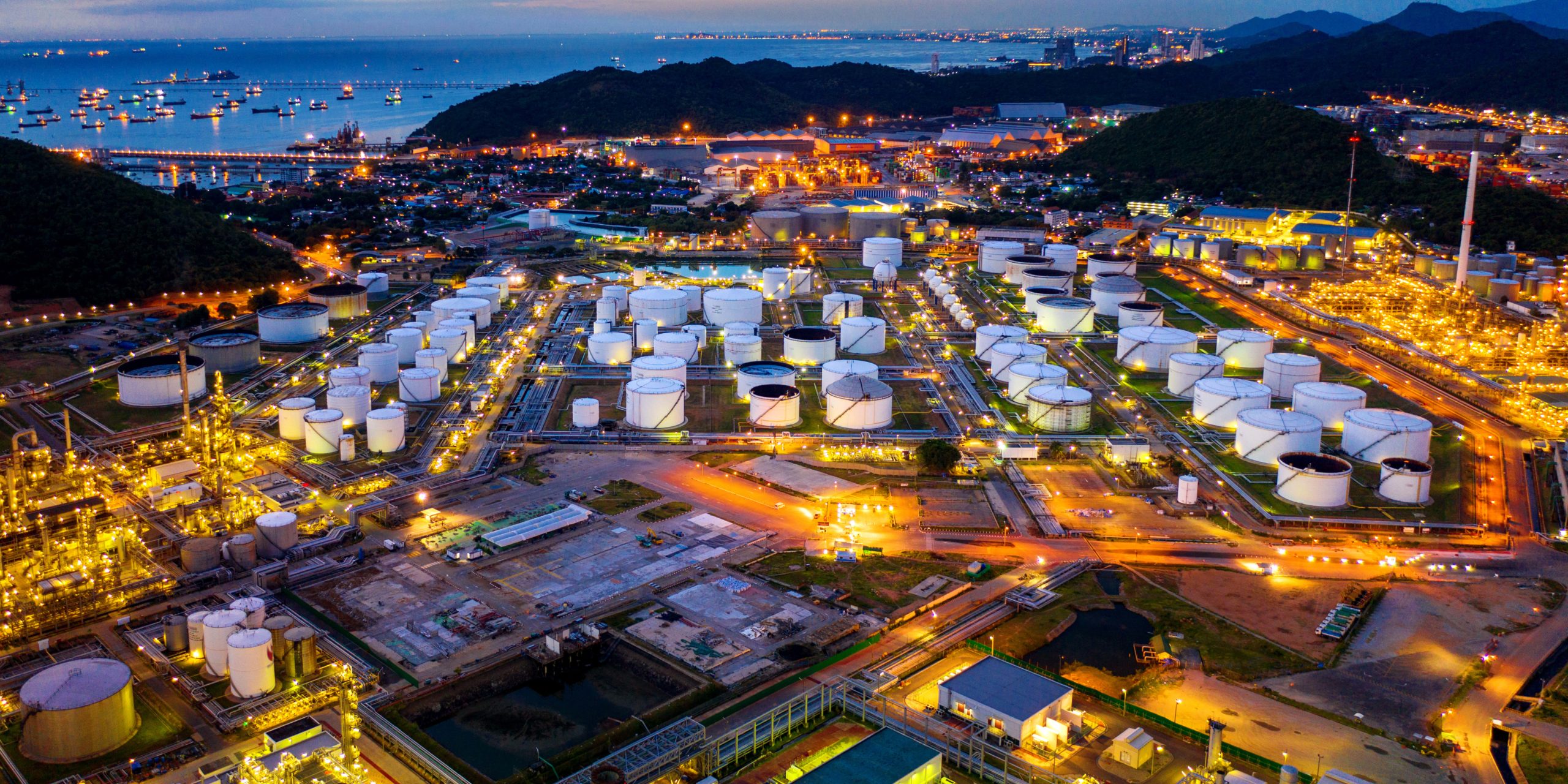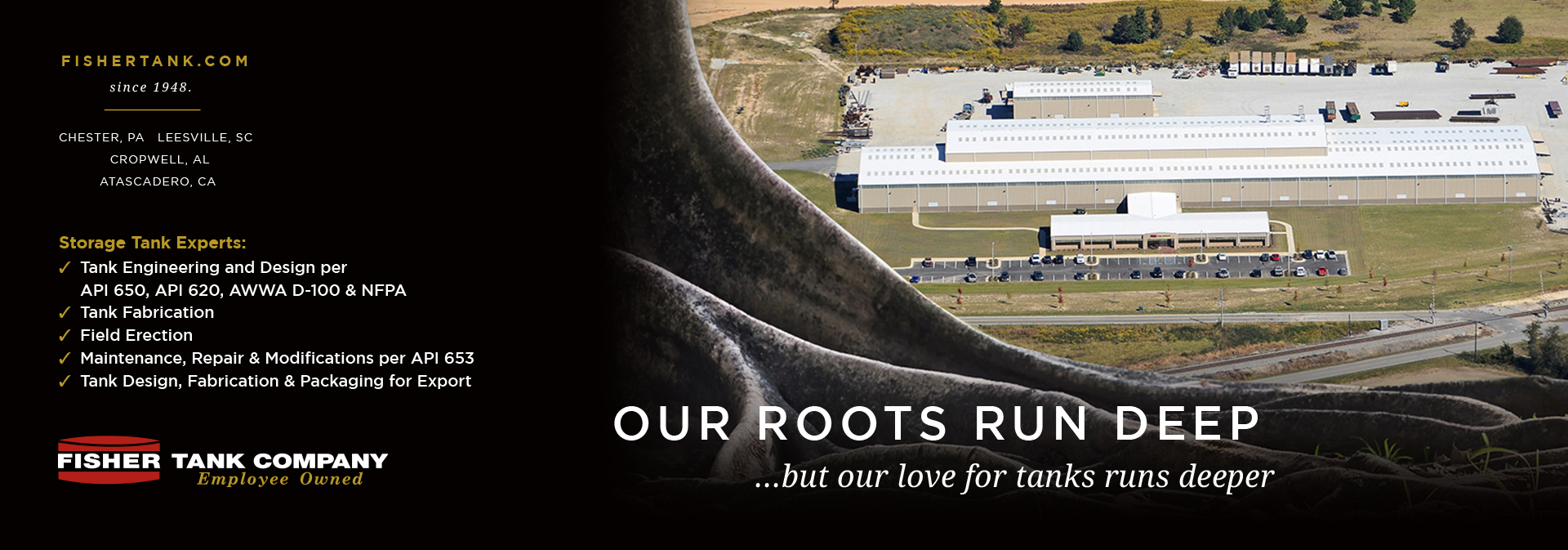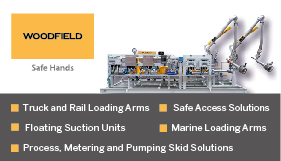Woodside Petroleum is teaming up with US technology developers ReCarbon and LanzaTech to explore the viability of a potential carbon capture and utilization (CCU) pilot facility near Perth, Western Australia.
Woodside confirmed Friday it had launched a collaborative studies program with the two US companies to explore converting carbon emissions into “useful products”, adding the pilot project had already entered the front-end engineering and design phase.

Gain valuable insight into the global oil and gas industry energy transition from ACCELERATE, the free weekly newsletter from Upstream and Recharge.
The proposed pilot facility would look to recycle greenhouse gases, such as carbon dioxide and methane, into “value-added ethanol” using ReCarbon and Lanzatech’s technologies.
According to Woodside, ReCarbon’s technology will convert CO2 and methane into synthesis gas, while LanzaTech’s technology will be used to ferment the synthesis gas into ethanol.
Woodside said the project would help reduce the reliance on land and water for source crops, such as corn, that are currently used to manufacture ethanol.
Woodside CEO Meg O’Neill said the Australian company was looking at carbon as “an opportunity and resource”, and not just a challenge as it targets net zero emissions by 2050 or sooner.
“What’s notable about CCU is the wider co-benefits. Some end products have a further decarbonization benefit. Products such as ethanol can be used as raw materials in the chemical manufacturing industry,” she added.
“We also see a potential role for the technology in helping to abate some of our Scope 1 and 2 emissions.”
The initiative comes after Woodside last year set a US$5 billion investment target by 2030 for new energy products and lower-carbon services such as hydrogen, renewables and carbon capture utilization and storage.
By the mid-2020s, the company is hoping to achieve start-up of new energy projects, the export of ammonia from Australia, scale up its carbon offset projects and to have developed CCUS opportunities.
From 2030 and beyond, Woodside is expecting to become an exporter of liquid hydrogen and to scale up its CCUS activities.
The drive towards lower carbon projects comes as Woodside is targeting a 15 percent reduction in its net Scope 1 and 2 emissions by 2025, a 30 percent reduction by 2030 and net zero emissions by 2050 or sooner.
For more information visit www.recarboninc.com

















